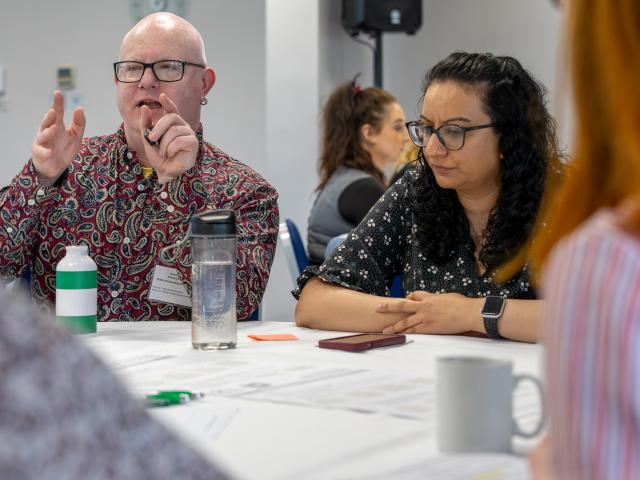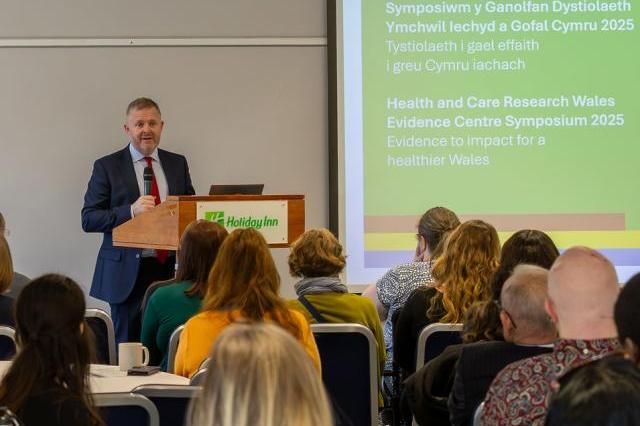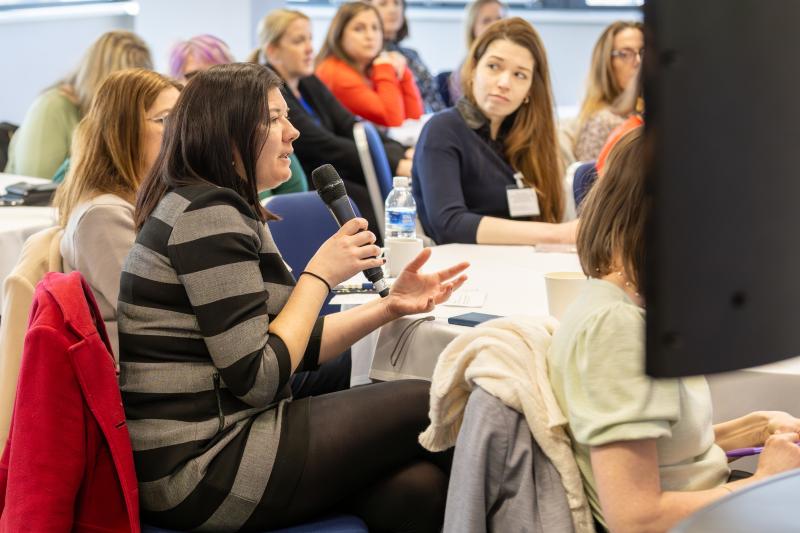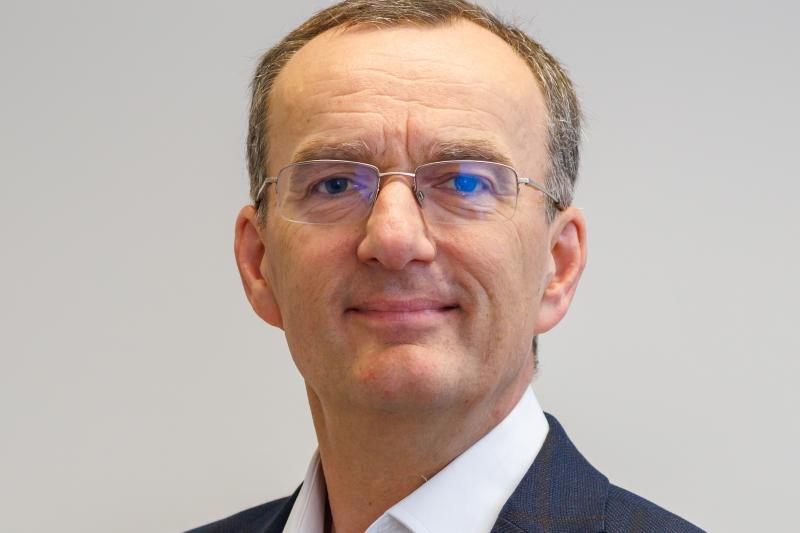
Evidence Centre awarded grant to develop better public involvement in fast-paced research
5 June
A new study led by the Health and Care Research Wales Evidence Centre aims to improve the way members of the public are involved in rapid research, a method which focusses on delivering robust findings quickly.
The Centre has been awarded over £600,000 by the Medical Research Council’s (MRC) ‘Better Methods, Better Research’ award scheme to explore how best to support impactful public involvement in this kind of research, which informs decision-making around health and social care policy and practice.
Unlike other research studies which often last several years, rapid research takes place over three to six months. The topics can also be complex and involve Welsh Government, the NHS and social care. This can make it more difficult for members of the public to have a meaningful impact on the research.
With the aim of developing practical and inclusive resources to support research teams in involving the public, the Centre will use reviews of research evidence, observations, interviews and focus groups to answer key questions, including:
- When and how are the public involved in rapid research?
- What influence do they have, and what are the barriers to meaningful involvement?
- What training or tools do researchers and the public need to improve involvement and demonstrate impact?
- Are certain communities under-represented in this type of research, and what support do they need to become involved in this type of research?
Dr Natalie Joseph-Williams, Associate Director of the Health and Care Research Wales Evidence Centre, said: “It’s essential to include the voices of people with lived experience in all research, especially when the findings inform important policy and practice decisions. Ultimately, their input ensures the research reflects the needs of those it’s aiming to help.
The public are at the heart of everything we do at the Centre, and we want to make sure their involvement is as meaningful and impactful as possible.
“Rapid research has unique challenges which can make it harder for the public to get involved and to see the impact they’re having on the research. We’re grateful to be able to investigate this essential topic thanks to the MRC ‘Better Methods, Better Research grant.”
The project, led by Dr Joseph-Williams, Dr Denitza Williams, Patient and Public Involvement Co-Lead, and Libby Humphris, Public Partner Lead, will also focus on inclusivity and accessibility to enable people from under-served communities to be meaningfully involved in rapid research settings.
Sarah Peddle, a member of the public who was involved in the grant application and will co-lead a part of the study looking at ‘Capturing impact in rapid research’, said:
“Rapid research is key when it comes to advice for policy makers and for making changes to the way we do things in health and social care. We'd be missing a trick if we didn't have that public and patient voice involved in it. We’d be doing it blind to a certain extent.
“You can make a difference.
"You don't have to know how things are done. You don't have to know the terminology for bringing together information and that kind of thing. You just really have to want to make a difference and have an interest.”
To keep up to date with this study and the work of the Centre, subscribe to the Health and Care Research Wales bulletin.


